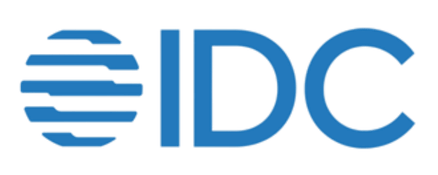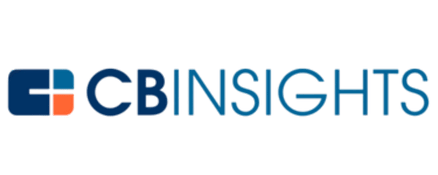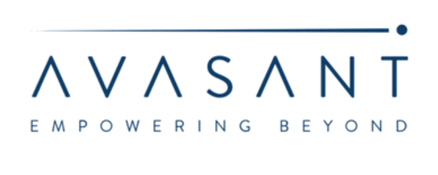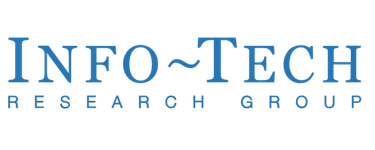One Month until California’s ADS Regulations Come into Effect: Are You Ready?
Starting October 1, 2025, California employers could face significant legal, reputational, and financial risks if their hiring technologies are not compliant with new automated-decision system (ADS) regulations. These new regulations expand existing non-discrimination rules to explicitly cover automated tools, reflecting concerns that ADSs can amplify bias and result in discriminatory outcomes.
Holistic AI has been at the forefront of auditing and governing ADS tools, and in this post, we’ll walk you through what the regulations mean and how to prepare.
How do California’s employment regulations define an ADS?
An automated-decision system (ADS) is defined as a computational process that is used to make a decision or facilitate human decision-making about an employment benefit. Benefits include hiring, employment, promotions, compensation, training opportunities, and more.
ADSs may be powered by artificial intelligence (AI), machine learning algorithms, statistics, or other data processing techniques.
They can perform a variety of tasks, such as using assessments or tests to make predictions about an applicant or employee, measure their skills, dexterity, reaction time, or other abilities, or measure personality, aptitude, attitude, or culture fit.
They also include tools to screen or categorize applicants, direct job ads to targeted groups and interview tools that analyze facial expressions, word choice, or voice.
The definition excludes technologies that do not make decisions about employee benefits, such as word processing software, spreadsheet software, data storage, spam- and robocall-filtering, and databases.
How are the technologies underpinning ADSs defined?
- Algorithm: A set of rules or instructions that computers use to carry out tasks, such as performing calculations or other problem-solving. This includes using patterns detected in datasets to automate decision-making.
- Artificial intelligence (AI): A machine-based system that makes inferences based on inputs (like candidate non-verbal behavior in video interviews) to generate outputs such as predictions, content, recommendations, or decisions.
- Machine learning (ML): The ability of a computer to automatically learn from its own analysis and experience and use this to improve its future outputs, such as identifying candidates that would be a good fit for a role based on their experience.
Which tools fall under the scope of California’s ADS regulations?
With these broad definitions, a wide range of tools could be considered an automated decision system. For example, depending on how they work, tools such as asynchronous video interviews, resume screening tools, game-based assessments, automated phone screening solutions, cognitive ability tests, work sample tests, and situational judgement tests may be considered an ADS.
Even if a tool does not quite meet these definitions, it may still be covered by the regulations as they do not solely govern ADSs.
How are California’s employment regulations updated?
The modified regulations explicitly make it unlawful for employers or covered entities to use ADSs or selection criteria that discriminate against applications or employees based on protected attributes.
They also highlight that ADSs measuring skill, dexterity, reaction time, or other characteristics may discriminate against individuals with disabilities. The same is noted for ADSs that analyze tone of voice, facial expressions, or other physical or behavioral traits. To avoid this, reasonable accommodations may be required.
Importantly, using an ADS to discriminate based on the following characteristics is prohibited:
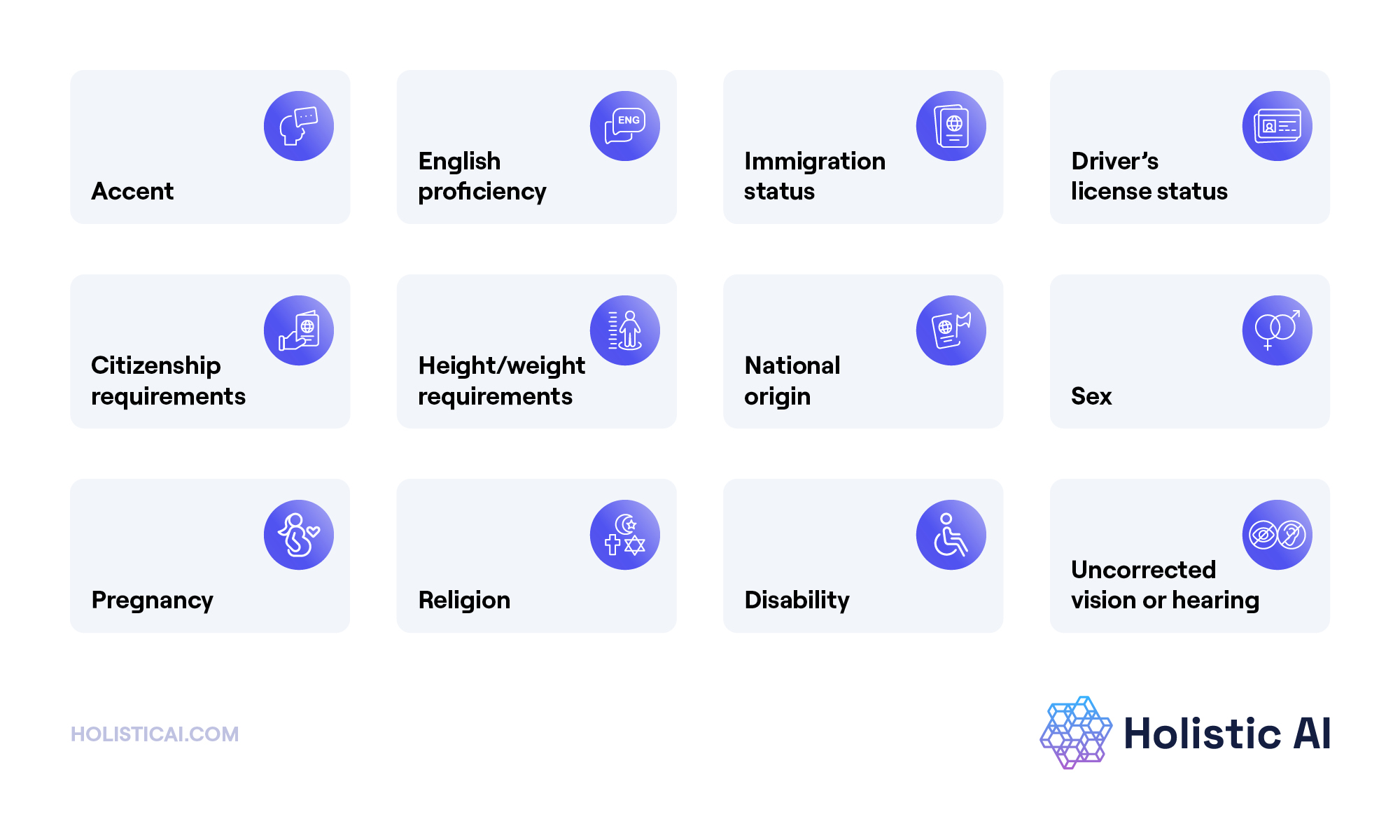
However, discrimination may not be considered unlawful if the characteristic is job-related.
How are the record-keeping requirements updated?
Employers must now retain employment records—including applications, personnel files, referral data, selection criteria, and ADS inputs and outputs —for four years (up from two). This extension underscores the importance of transparency and documentation in defending against potential claims.
What is the role of bias audits?
The regulations state that evidence of anti-bias testing can strengthen an employer’s defense in a discrimination claim, where the quality, scope, and recency of testing could be considered Toward this end, comprehensive annual bias audits to detect and mitigate bias could provide a defense to claims of unlawful discrimination.
How to prepare for California’s ADS regulations
With only a month to go until California’s modified employment regulations go into effect, acting fast is vital. Although existing equal opportunity legislation always applies to employment decisions made using automated tools, California’s modifications highlight the importance of comprehensive bias audits of automated tools.
Although the regulations apply to employers, vendors can play a key role in helping their clients to stay compliant.
If you are an employer:
- Inventory all HR tech tools used across the company.
- Identify which tools qualify as an ADS.
- Request documentation from vendors on prior bias testing.
- Conduct your own bias audits using real-world data, where possible, and document methods and results.
If you are a vendor:
- Catalog every ADS you provide.
- Maintain clear documentation on their design, validation, and development.
- Perform recurring bias audits using real-life data, where possible, with transparent reporting.
Bias audits with Holistic AI
With other laws already requiring bias audits of automated employment decision tools, they are fast becoming the standard for demonstrating the legality and fairness of HR tech tools.
Holistic AI is a leading provider of bias audits for automated-decision systems. Our multidisciplinary team—spanning I-O psychology, computer science, policy, and ethics—brings unmatched expertise in identifying, mitigating, and monitoring risks in HR technologies.
By partnering with Holistic AI, employers and vendors can reduce legal risk, strengthen fairness in hiring, and safeguard their reputation.
Get in touch today to discuss your unique use cases and prepare your systems before California’s new ADS regulations take effect.

